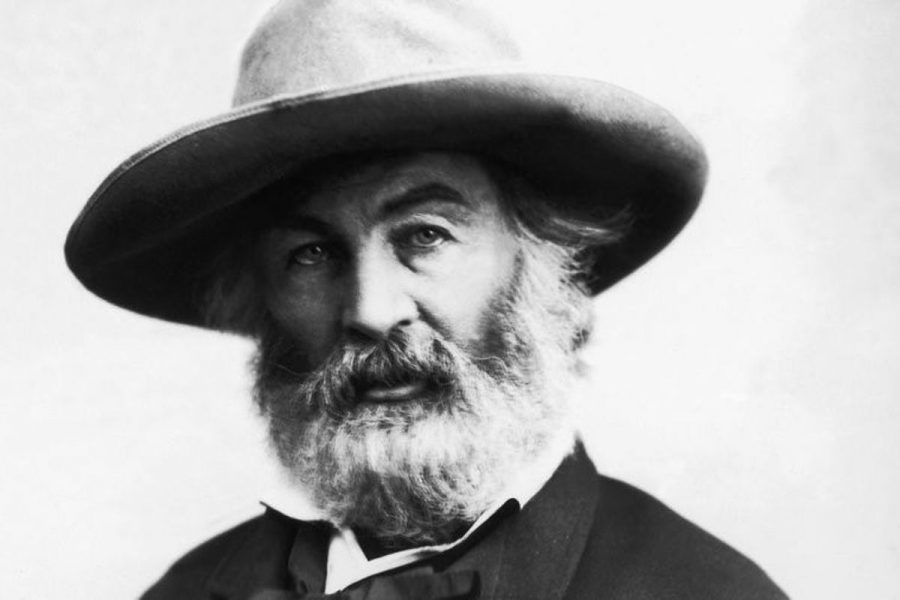Walt Whitman's Notebook

STEP 1:
Upon first glance at Walt Whitman's notebook, it appears quite obvious that this journal was carried almost everywhere with him. The notebook itself is relatively rugged and worn, and while this could largely just be a result of over a century having past, it's very likely that that is not the only factor. Additionally, he seems very minimalistic with his notes. The pages aren't eloquent or neatly organized, rather, they are filled with scrambled notes and relatively messy handwriting. This supports the inference that Whitman was a very observant man and wanted to make note of things in the moment as to not forget them in order to come back to his observations at a later time. Comparably, since this notebook is largely dedicated to Abraham Lincoln, it would make sense that Whitman's notes would be quick and hasty given that, if he did in fact see the President out and about, it would probably not have been for a long enough period of time to take or have very detailed notes and thoughts. On the first page, I can make out different addresses, which are probably the different locations in which he did see Lincoln.
Moving further along, I can make out words like "religious," "philosophy," and "eternal conscience." The rest is hard for me to make out but such terms imply that Whitman questions things larger than ordinary life and thinks outside of the box, drawing attention to the deeper things in life. Later on, I see Whitman mention the "Ships of Liberdad," "mad winds," and things crashing away at sea. This makes me believe he is now taking note of either the state of the nation or the whole world. I also made out different sketches which I find quite interesting as well.
STEP 2:
After looking through the highlighted notes being made, there is no doubt that Whitman is very observant and reflective. Whitman takes notes of the bigger questions in life, including how the state of a nation is rocky like a ship at sea. It was fascinating to read that Whitman was arguing that the future of the world was largely dependent upon America's democratic experiment and how it would either fail or be successful.
Overall, it can be inferred that Whitman is fascinated by history and understands the value of learning about the past. Whether it be taking notes on the streetscapes around him that have a whole story of their own or making observations on Lincoln and the political atmosphere of the time, it is clear that Whitman sees history as a very important thing. Whitman is deeply affected by the times in which he was living in.
Overall, it can be inferred that Whitman is fascinated by history and understands the value of learning about the past. Whether it be taking notes on the streetscapes around him that have a whole story of their own or making observations on Lincoln and the political atmosphere of the time, it is clear that Whitman sees history as a very important thing. Whitman is deeply affected by the times in which he was living in.


Comments
Post a Comment